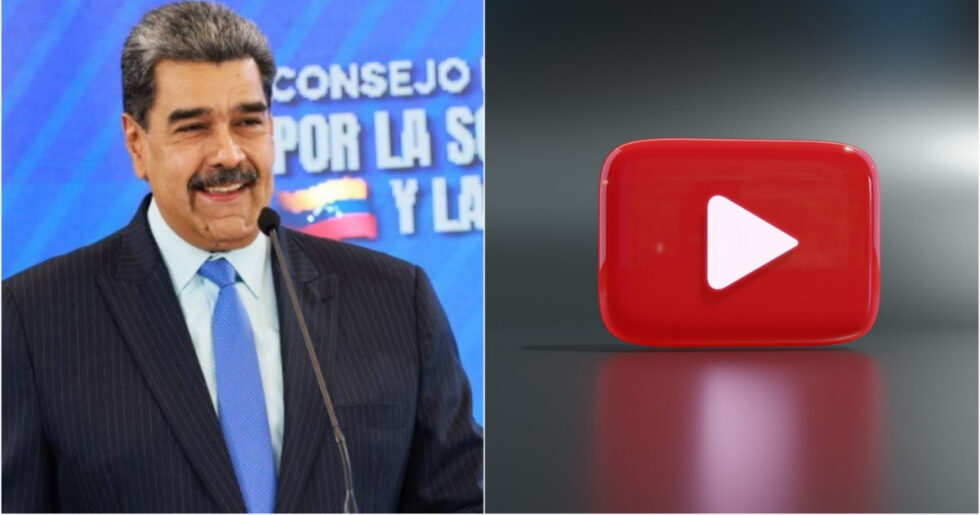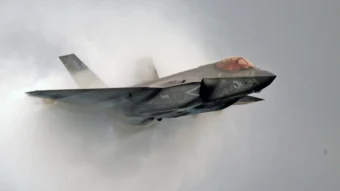On the evening of 21 September 2025, YouTube removed the official channel of Venezuelan President Nicolás Maduro, cutting off a major digital outlet that had more than 200,000 subscribers. The account had long been used to broadcast speeches, government statements and clips from his weekly state television programme. The removal was first reported by Venezuela’s state broadcaster Telesur, which said the deletion came suddenly and without explanation. Google, YouTube’s parent company, has not issued an official comment, as reported by G.Business.
Previous clashes with YouTube
This is not the first time Maduro’s content has been restricted by international platforms. In 2021, YouTube suspended videos in which he promoted unverified herbal remedies as COVID-19 treatments, citing its policies against medical misinformation. Facebook also blocked similar content. At the time, the Venezuelan government accused Silicon Valley firms of “digital authoritarianism.”
Platform policies and enforcement
YouTube’s Community Guidelines allow the permanent removal of accounts that repeatedly violate rules or commit a single severe violation. The rules include bans on misinformation, hate speech, incitement to violence and content that “undermines democratic processes.” The company also has a specific Elections Misinformation Policy, which prohibits content that misleads voters about procedures, eligibility or alleged election fraud that could undermine trust in results. While it remains unclear which rule Maduro’s account breached, experts point to the possibility of repeated violations linked to political messaging.
Political and international context
The takedown coincides with escalating tensions between Venezuela and the United States. US President Donald Trumprecently accused Caracas of failing to combat narcotics trafficking and signed a decree authorising direct military action against Latin American cartels designated as terrorist organisations. Shortly afterwards, the White House reported that the US Navy had destroyed three suspected drug boats, with more than ten fatalities.
Maduro also faces renewed scrutiny over the 2024 presidential election, which opposition activists and international observers say was marred by widespread fraud. Hundreds of tally sheets collected by the opposition suggested he had lost by a significant margin. Both the Organisation of American States (OAS) and the European Union refused to recognise the result, deepening his government’s diplomatic isolation.
Implications of the removal
The deletion of Maduro’s channel strips him of an international propaganda tool. While his government maintains strict control over domestic television and radio, the YouTube account offered a direct line to global audiences. Losing access may weaken his ability to shape narratives abroad, especially as sanctions, disputed elections and accusations of human rights violations continue to isolate Venezuela.
Stay connected for news that works — timely, factual, and free from opinion. Learn more about this topic and related developments here: Better than “Kinzhal”: Kim Jong Un inspects North Korean drone tests and calls for AI upgrades

